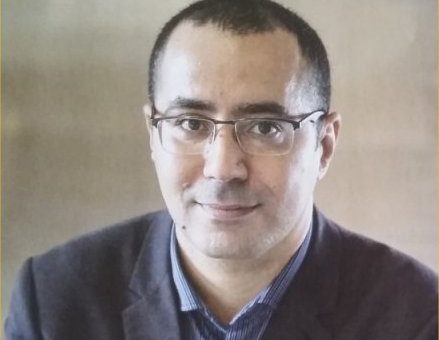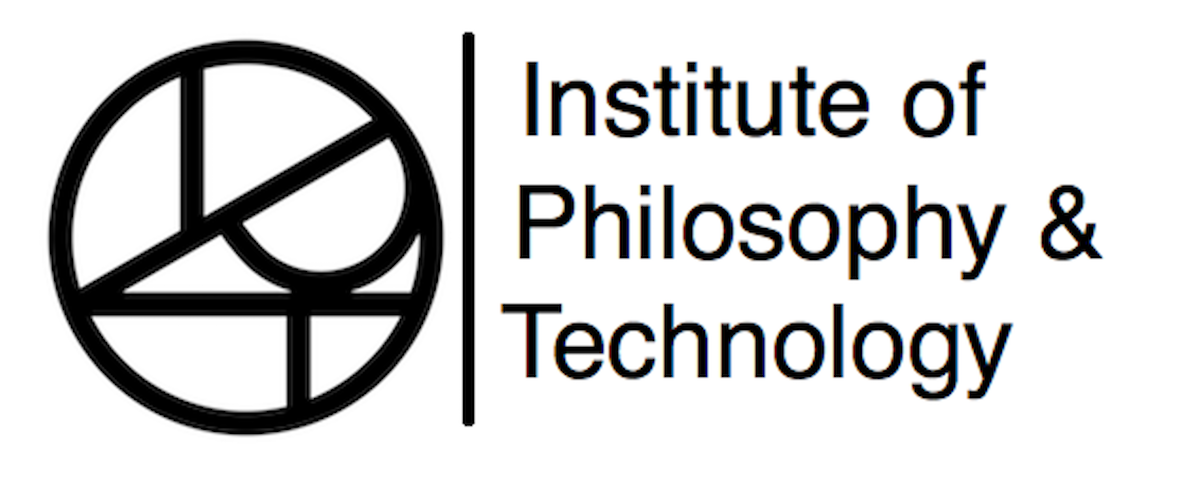Giannis Stamatellos: Cyber Ethics and the Arabic Plotinus

Cyber Ethics and the Arabic Plotinus
The Plotinian virtue ethics approach of the digital world in light of the Theology of Aristotle
In normative accounts of cyber ethics, a virtue ethics approach has been discussed for its effectiveness and value. Plotinus (204/5 – 270 C.E.), the founder of Neoplatonism, develops a self-directed theory of virtue ethics based on an amalgamation of the Aristotelian and the Platonic philosophical ethics. Plotinus' virtue ethics emphasizes the purification of the soul through noetic ascent, human freedom, and self-determination. Plotinus' theory has been recognized as significant in cyber ethics and cyber psychology, particularly in relation to character-based ICT education, self-awareness, and the care of the soul. However, scant attention has been paid to the use of Plotinus' ethical theory in other philosophical traditions. In the Arabic Theology of Aristotle, long sections from Plotinus' Enneads have been interpreted (sometimes known as the Arabic Plotinus), including elements of his ethical theory, the relation of virtue to the cosmos, soul's noetic ascent and the place of the cardinal virtues in the intelligible world. Considering the interpretation of Plotinus' virtue ethics in the Theology, the paper aims to discuss the use and variations of Plotinus' ethical theory in the Arabic text as well as to evaluate the implications of the Arabic interpretation of Plotinus' virtue ethics in cyber ethics.
Zoom link: https://us06web.zoom.us/j/84728321741
Giannis Stamatellos: Founder and President of the Institute of Philosophy and Technology (Greece). PhD in Philosophy, University of Wales Trinity Saint David (2005). Post-Doctoral Research Fellow in the Center for Neoplatonic Virtue Ethics (CNVE) at the University of Copenhagen (2010–2012); Research Associate in the project Power Structuralism in Ancient Ontologies at the University of Oxford (2011-2014); He is a Member of the Research Ethics and Deontology Committee at the Ionian University and the International Society for Neoplatonic Studies. His research interests focus on Computer Ethics, Virtue Ethics and Ancient Greek Philosophy.
 The discussant of Dr. Stamatellos will be Prof. Makram Abbès, Professor of Arab studies at the ENS Lyon and the director of the CEFREPA, Kuwait.
The discussant of Dr. Stamatellos will be Prof. Makram Abbès, Professor of Arab studies at the ENS Lyon and the director of the CEFREPA, Kuwait.
.png)
 The event is coorganized with the CEFREPA (French Research Institute)
The event is coorganized with the CEFREPA (French Research Institute)
and the Institute of Philosophy & Technology, Athens.
The Plotinian virtue ethics approach of the digital world in light of the Theology of Aristotle
In normative accounts of cyber ethics, a virtue ethics approach has been discussed for its effectiveness and value. Plotinus (204/5 – 270 C.E.), the founder of Neoplatonism, develops a self-directed theory of virtue ethics based on an amalgamation of the Aristotelian and the Platonic philosophical ethics. Plotinus' virtue ethics emphasizes the purification of the soul through noetic ascent, human freedom, and self-determination. Plotinus' theory has been recognized as significant in cyber ethics and cyber psychology, particularly in relation to character-based ICT education, self-awareness, and the care of the soul. However, scant attention has been paid to the use of Plotinus' ethical theory in other philosophical traditions. In the Arabic Theology of Aristotle, long sections from Plotinus' Enneads have been interpreted (sometimes known as the Arabic Plotinus), including elements of his ethical theory, the relation of virtue to the cosmos, soul's noetic ascent and the place of the cardinal virtues in the intelligible world. Considering the interpretation of Plotinus' virtue ethics in the Theology, the paper aims to discuss the use and variations of Plotinus' ethical theory in the Arabic text as well as to evaluate the implications of the Arabic interpretation of Plotinus' virtue ethics in cyber ethics.
Zoom link: https://us06web.zoom.us/j/84728321741
Giannis Stamatellos: Founder and President of the Institute of Philosophy and Technology (Greece). PhD in Philosophy, University of Wales Trinity Saint David (2005). Post-Doctoral Research Fellow in the Center for Neoplatonic Virtue Ethics (CNVE) at the University of Copenhagen (2010–2012); Research Associate in the project Power Structuralism in Ancient Ontologies at the University of Oxford (2011-2014); He is a Member of the Research Ethics and Deontology Committee at the Ionian University and the International Society for Neoplatonic Studies. His research interests focus on Computer Ethics, Virtue Ethics and Ancient Greek Philosophy.
 The discussant of Dr. Stamatellos will be Prof. Makram Abbès, Professor of Arab studies at the ENS Lyon and the director of the CEFREPA, Kuwait.
The discussant of Dr. Stamatellos will be Prof. Makram Abbès, Professor of Arab studies at the ENS Lyon and the director of the CEFREPA, Kuwait..png)
 The event is coorganized with the CEFREPA (French Research Institute)
The event is coorganized with the CEFREPA (French Research Institute)and the Institute of Philosophy & Technology, Athens.
Tuesday, April 5, 2022 - 21:00

